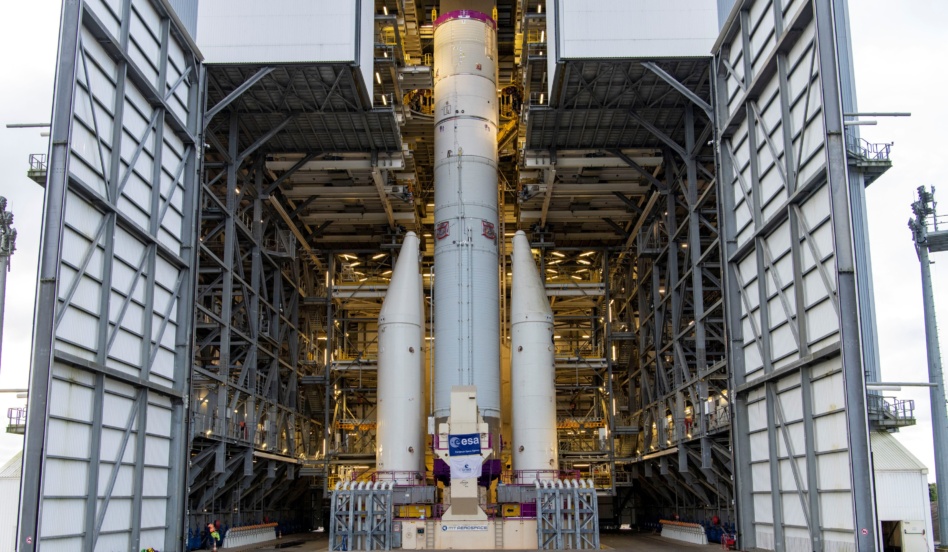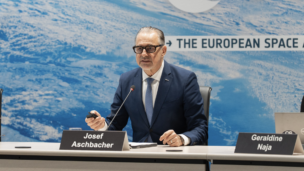For the past few years, news of Western private constellation buildouts has become commonplace. At various stages of maturity, these constellations are intended to provide broadband across the globe.
Now, though, more nations are drawing up their own plans to bring that broadband capability within the hands of their own governments.
- The US has been designing its Proliferated Warfighter Space Architecture (PWSA, formerly the National Defense Space Architecture), a secure LEO network to support the DoD, for a few years now.
- On Feb. 14, the EU officially approved its IRIS2 (Infrastructure for Resilience, Interconnectivity and Security by Satellite) constellation plans.
- And China is working on plans for its own LEO broadband constellation that could hinder outside attempts to garner market share within the country or its allies.
IRIS2
The EU’s sovereign constellation is intended to bolster Europe’s governmental and institutional communication services through a multi-orbit approach. Europe already operates GEO comms assets, and with IRIS2, it would add ~170 new LEO birds to the fleet between 2025 and 2027, per European Spaceflight.
- That timeline leaves some room for uncertainty. The EU plans to utilize European launchers for the constellation, and does not currently have the sovereign launch capacity to get a constellation of that size to orbit by 2027.
- ESA is planning to select contractors to build the satellites in 2024.
EU’s Parliament has allocated €2.4B ($2.53B) to the project.
China’s LEO plans
China has been working on its own LEO constellation. We still don’t know a lot of the details, but analysts expect that it will contribute to Beijing’s goals of expanding its influence and growing its economy.
Right now, SpaceX’s Starlink and Amazon Kuiper aren’t planning to provide service within China, which is served by terrestrial networks.
Countries that have already purchased Chinese GEO assets, including Belarus, Pakistan, Venezuela, Bolivia, and Laos, “might be more likely to lean towards a Chinese constellation for government projects,” Blaine Curcio, a senior affiliate consultant for Euroconsult, told SpaceNews.
The upshot: Though these sovereign constellations are intended more for government and institutional use, there are still concerns that they could interfere with companies like Starlink, Kuiper, and OneWeb in their efforts to establish a global customer base.




